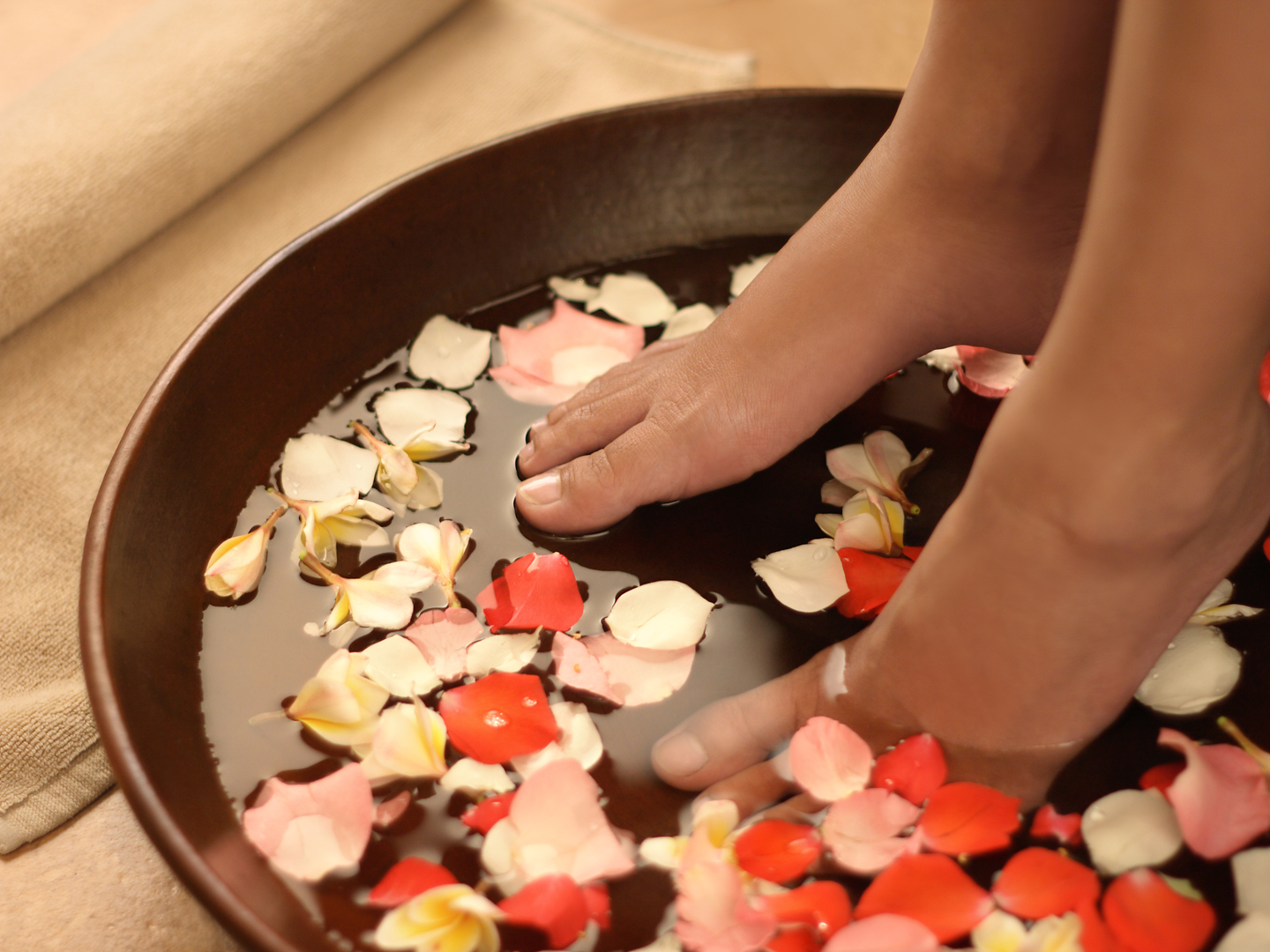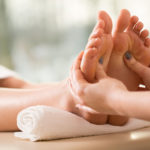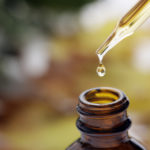Why Do Feet Swell?
Is there anything I can take to minimize swelling in my feet? Why does this happen?
Andrew Weil, M.D. | November 7, 2016

Swollen feet are a common problem. Sometimes, the swelling is simply a matter of gravity – when you stand or sit in one place too long, fluid from elsewhere in your body is pulled down into your feet. Another common cause is venous insufficiency, a weakening of the valves in the veins in your legs. As a result, back pressure increases in the veins, and fluid leaks into the tissues. (this is often associated with varicose veins.) Pregnancy can also cause the legs and feet to swell – here the problem is the pressure on veins from the expanding uterus and extra blood needed to grow a child. In addition, congestive heart failure, as well as such conditions as emphysema and bronchitis may cause or worsen swelling. Chronic liver or kidney failure can also cause the problem, as can thyroid disease. Obviously, it is important to rule out these more serious health concerns if you have chronically swollen feet or ankles.
In the absence of underlying disease, the most important thing you can do is to elevate your feet whenever possible – ideally, to the level of your chest or higher (put a pillow under your legs when you’re lying down). This will improve blood flow to the heart and reduce the amount of fluid that collects in your ankles and feet. You can also wear support hose to enhance circulation and give your legs a bit of a massage. Try not to sit or stand in the same position for long periods of time. And you might try cutting back on your salt intake, since that can contribute to the swelling. You also want to protect swollen areas from pressure, injury, or extreme changes in temperature as damage to swollen skin can take longer to heal and can become easily infected.
These measures are likely to help more than any supplement I can recommend. However, studies in Europe suggest that horse chestnut extract may provide some relief to swollen feet and legs, partly by making small blood vessels less apt to leak fluid into surrounding tissue. Look for products with at least 20 percent escin, the active ingredient in horse chestnut. Start with 500-600 milligrams a day. If that helps, reduce the dosage by half for continued use. While horse chestnut is safe, it’s not for everyone. Don’t take it if you have kidney or liver disease, if you’re pregnant or nursing, or if you’re using anticoagulant drugs.
Andrew Weil, M.D.













